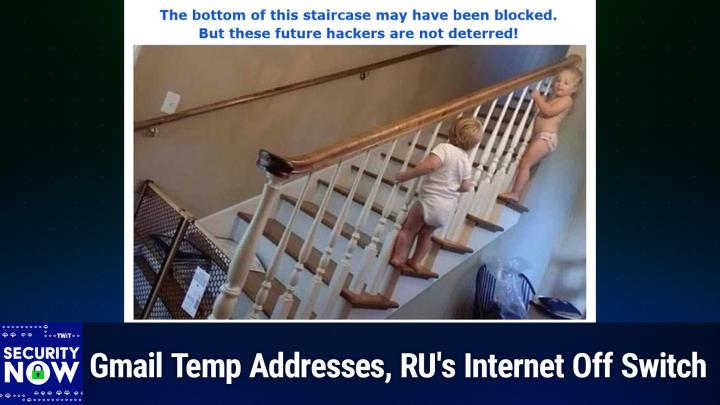Why Security Now's Steve Gibson Thinks AGI Claims Are Premature
AI created, human edited.
In a recent episode of Security Now, hosts Steve Gibson and Leo Laporte dove deep into the contentious topic of Artificial General Intelligence (AGI), offering a refreshingly grounded perspective amid the growing hype around AI advancement. The discussion was sparked by OpenAI CEO Sam Altman's bold prediction that AGI could arrive as soon as 2025, a timeline that both hosts viewed with considerable skepticism.
Gibson, drawing from his personal experience, acknowledged the transformative impact of current AI tools like ChatGPT, particularly in programming contexts. He described it as an "amazingly powerful internet search engine" that has revolutionized how he approaches coding in unfamiliar languages. However, he emphasized a crucial distinction: being an excellent search and synthesis tool doesn't necessarily indicate progress toward true general intelligence.
"It's truly an amazing search engine technology, but it doesn't seem to be much more than that to me," Gibson noted. "There's no presence or understanding behind its answers."
One of the most compelling arguments presented during the discussion was what experts call "the missing ingredient problem." The hosts highlighted that current AI systems, while impressive, lack fundamental components necessary for general intelligence. Gibson drew an interesting parallel to cancer research, suggesting that throwing money and resources at a problem doesn't guarantee a solution if we don't understand the underlying fundamentals.
Key challenges identified include:
- Common sense reasoning
- Context awareness
- Handling uncertainty
- True learning capabilities
- Social intelligence
- Real-time adaptation
To illustrate the magnitude of the challenge, Gibson shared a striking fact about the human brain's complexity: It contains 100 billion neurons, each connecting to approximately 20,000 others, with every neuron being "astonishingly complex in its behavior and operation." This biological reality underscores the enormous gap between current AI capabilities and true general intelligence.
Laporte raised an interesting question about how we would even recognize true AGI. The discussion touched on various proposed tests, from the traditional Turing test to more practical challenges like:
- The Coffee Test (can an AI figure out how to make coffee in an average home?)
- The College Test (can an AI complete a university degree?)
- The IKEA Test (can an AI assemble furniture from instructions?)
The hosts noted a striking contrast between Altman's optimistic 2025 prediction and the broader expert consensus. Most AI researchers expect AGI to arrive closer to 2060, with some suggesting it could take a century or longer. As Gibson pointed out, "This entire current large language model approach may never be more than that. This could be a dead end. If so, it's a super useful dead end, but it might not be the road to AGI at all."
Both hosts maintained a balanced perspective, acknowledging the incredible utility of current AI tools while remaining skeptical of imminent AGI breakthroughs. As Laporte suggested, perhaps we're asking the wrong question entirely – instead of focusing on achieving AGI, we might better serve ourselves by developing increasingly useful specialized AI tools.
The Security Now discussion offers a valuable counterpoint to the often hyperbolic discourse around AGI development. While current AI tools represent remarkable achievements in their own right, the path to true artificial general intelligence appears far more complex and lengthy than some industry leaders suggest. As Gibson concluded, "I suspect that all it is is what it is, and for me that's enough for now. I'd wager that we have a long ways to wait before we get more."
This blog post is based on Episode 1001 of Security Now, featuring Steve Gibson and Leo Laporte's in-depth discussion of artificial general intelligence and its future prospects.
Become a subscriber and never miss an episode: Security Now
Want ad-free Club TWiT exclusive podcasts? You can join Club TWiT for $7 a month and get everything the club offers, or just get the podcast ad-free for $2.99 a month.
